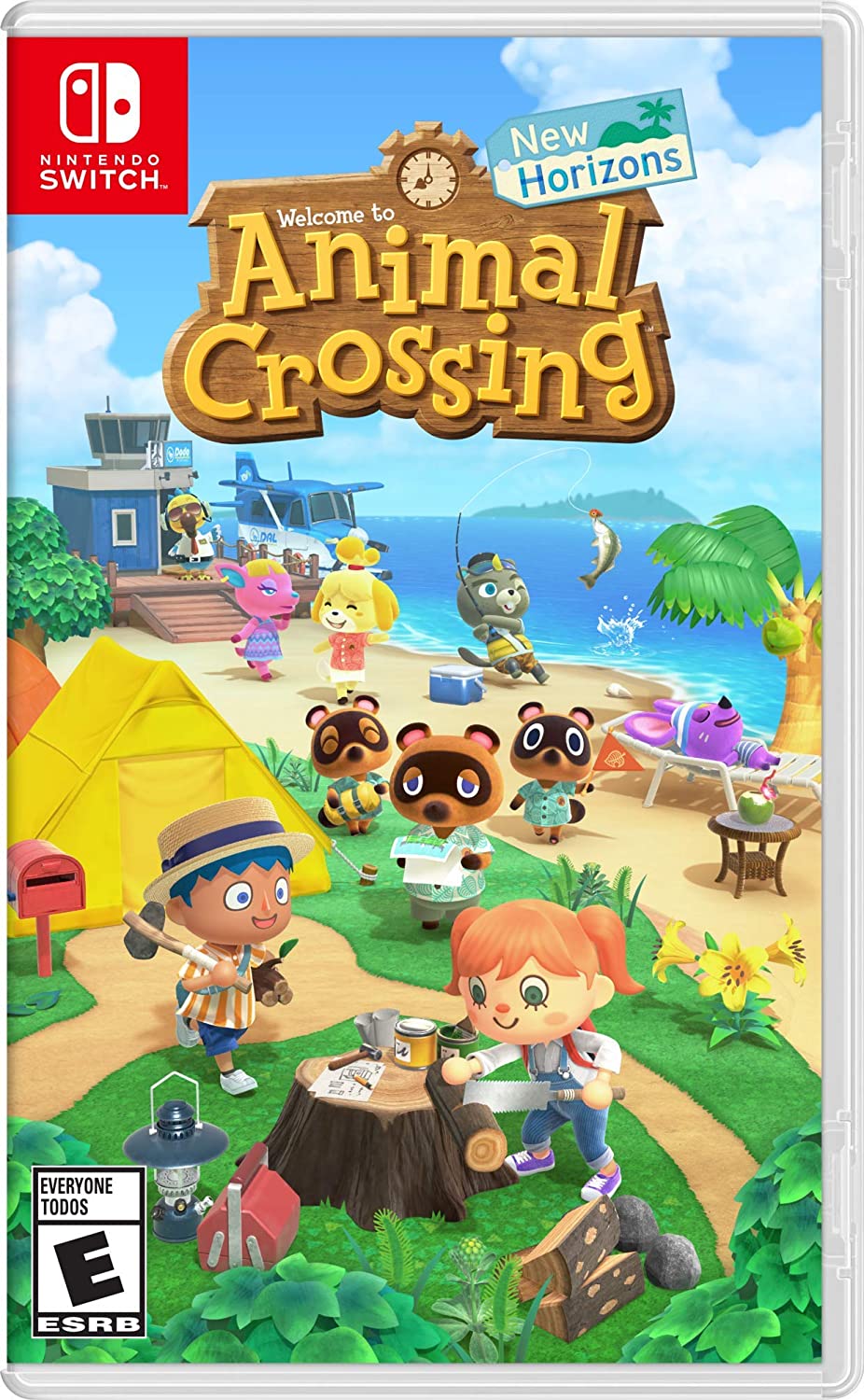It's time for the Switch to get its own Nintendo Selects line
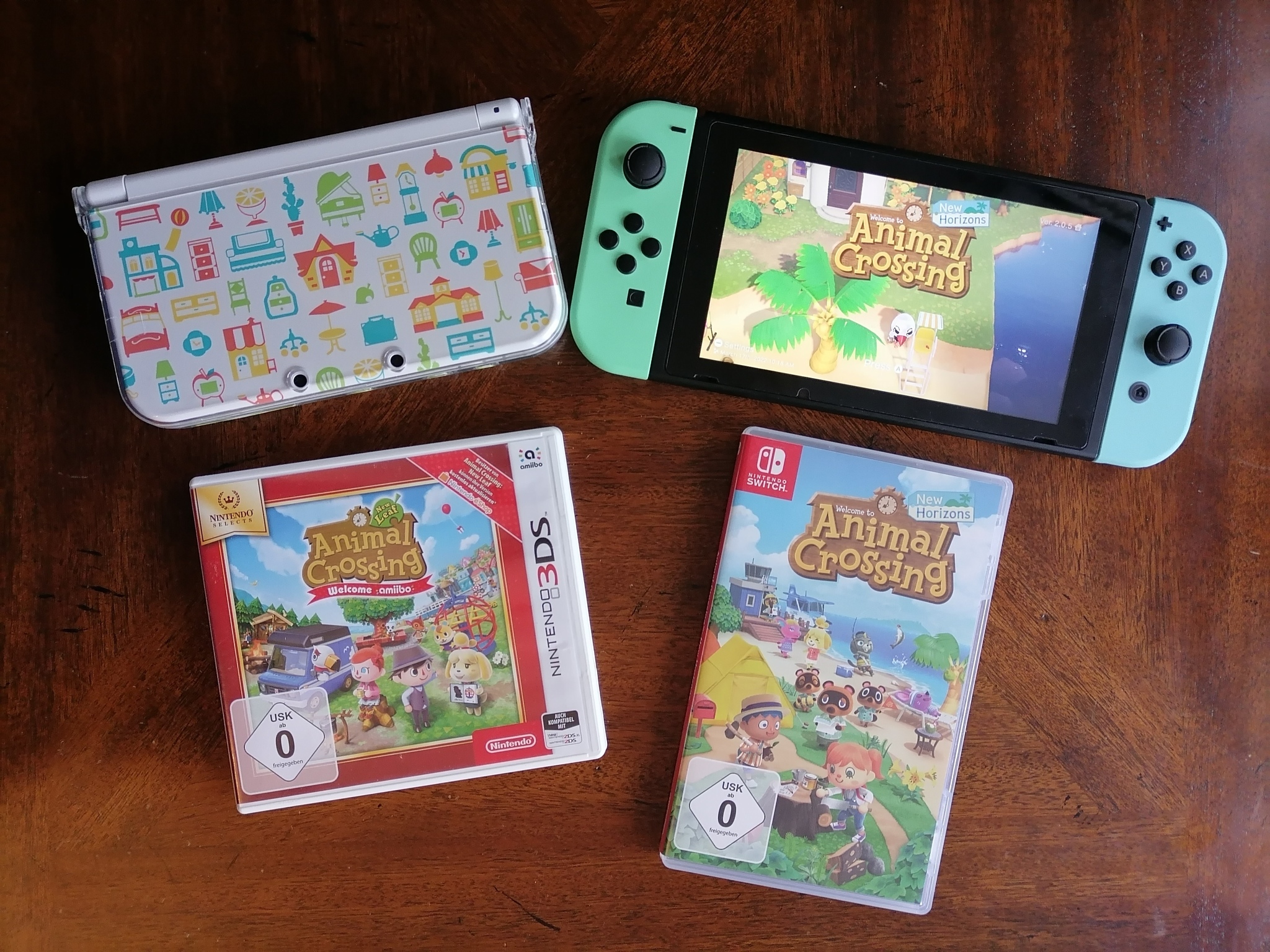
iMore offers spot-on advice and guidance from our team of experts, with decades of Apple device experience to lean on. Learn more with iMore!
You are now subscribed
Your newsletter sign-up was successful
Nintendo claims that the Switch is still only halfway through its lifecycle, but outside of the huge library of great games, things haven't changed much. The Nintendo Switch still lacks basic customization features that both its handheld and console predecessors had, and although the console continues to be one of the best-selling consoles ever, the price of its games hasn't changed at all. And while current players may be satisfied with the games they do get to play, lots of potential players are still being left out.
That's a lot of Bells, Mr. Nook
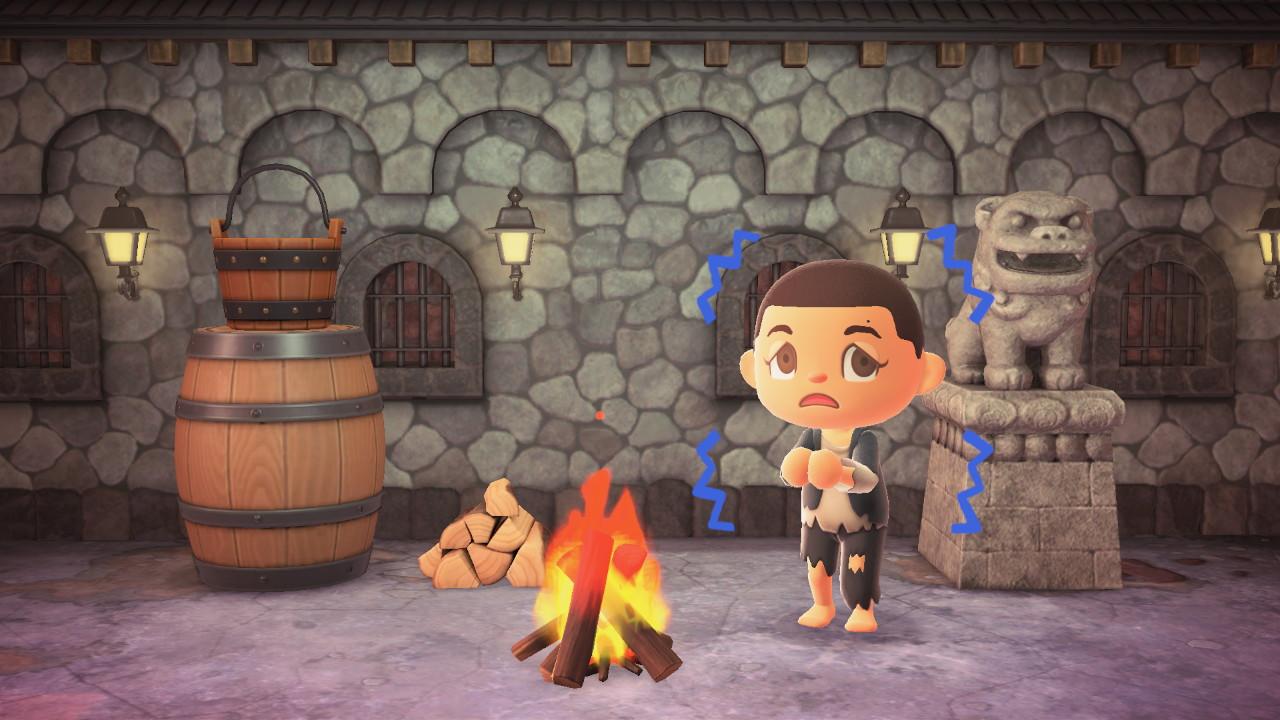
Games are expensive. They cost a lot to buy, they cost a lot to make, and their development costs developers a lot, both physically and psychologically. It's only natural that games are sold at a cost that lets the studios developing them pay their employees and recuperate costs. Except they don't need to cost $60 forever. A lot of the time when I hear arguments in favor of high, or even rising, prices of games, people tend to cite their wish to support the developers, or make note of the fact that games continue to cost more to make as time goes on. But developers are paid for the work they do on a game currently being developed, and AAA studios are making more money than ever.
Sales — the very word seems to leave a bad taste in Nintendo's mouth.
Consider Grand Theft Auto 5, which cost $265 million dollars to make, with $137 million going into development, and $128 million being allocated to marketing. Upon its release in 2013, Grand Theft Auto 5 made one billion dollars in three days. Its online component, Grand Theft Auto 5 Online, made almost $600 million dollars in 2019 alone. I think it's safe to say that the studio recuperated its costs and made more than enough to pay for the development and marketing of whatever the sequel will inevitably be. So it's understandable that after a little under four years, the base cost of the game was permanently cut in half — outside of sales, of course.
Sales — the very word seems to leave a bad taste in Nintendo's mouth. The company is notorious for rarely, if ever, reducing the price of their games, even after selling tens of millions of copies. The Legend of Zelda: Breath of the Wild is the oldest Nintendo-published game on the Nintendo Switch, having released alongside the console at launch. Despite having sold around 25 million units, the game has gone on sale a grand total of five times on the Nintendo Switch eShop, an average of once a year, and never below $40 dollars.
God of War, which was released a mere three months after Breath of the Wild, had its first permanent price cut as soon as 2018 and has gone on sale more than 20 times. In 2019, it was reduced to around $20 and added to the PlayStation Hits collection, a group of games with high sales numbers offered at a reduced price for potential newcomers. Nintendo has a similar program in the form of Nintendo Selects, but it seems to have forgotten all about it in light of the success of the Switch.
What a Happy Price Selection!
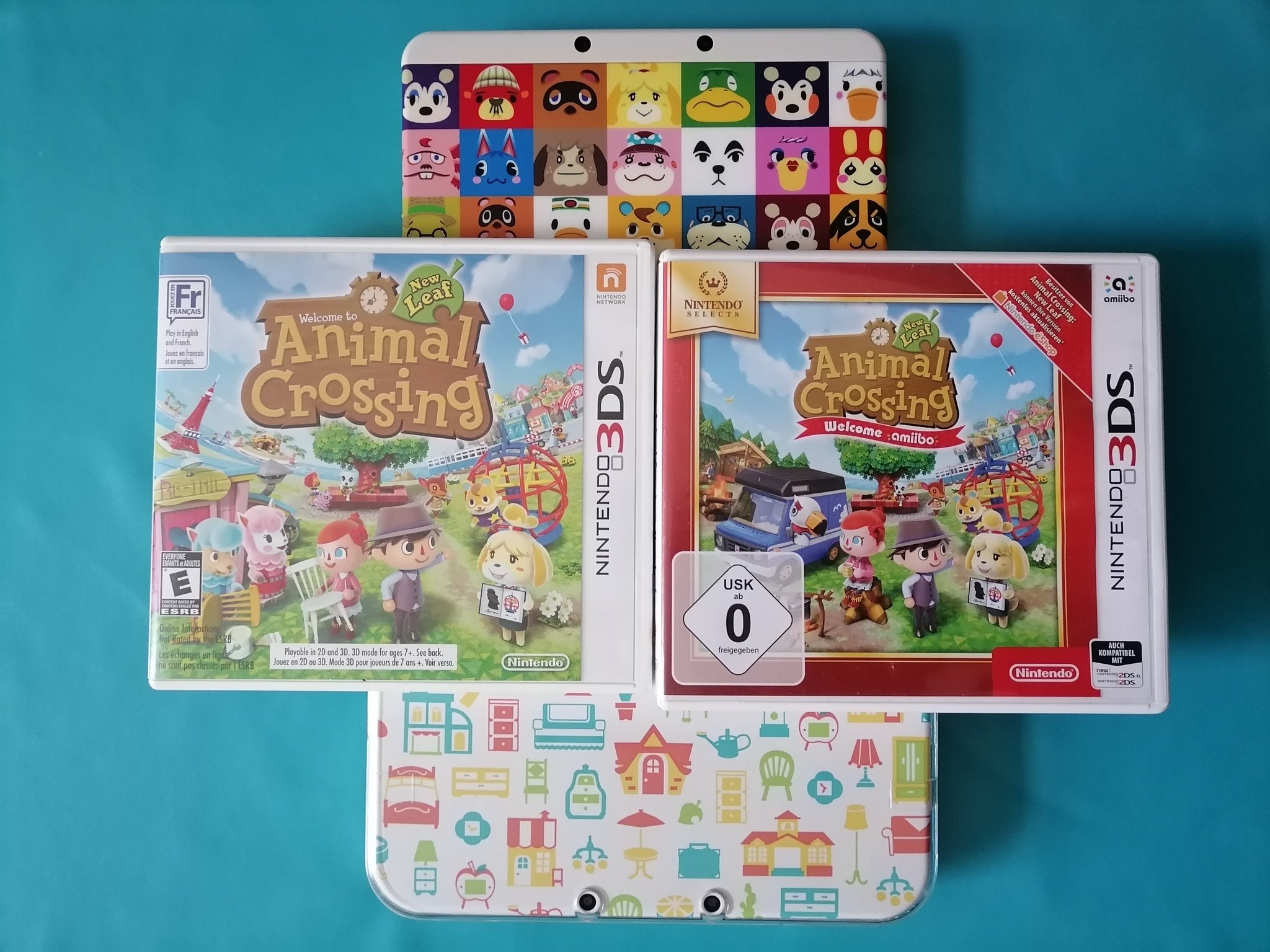
Nintendo Selects originally started as a program called "Player's Choice" in 1996 for games on the Super Nintendo Entertainment System and Game Boy. Games that sold more than one million copies — wow, remember when that was a huge achievement? — would be branded with the Player's Choice label, signaling to others that lots of people liked this game, so they might, too. This practice continued on the Nintendo 64, Nintendo GameCube, and the Game Boy Advance, with games from franchises like Pokémon and Mario being added.
Player's Choice was rebranded to "Nintendo Selects" in 2011 on the Nintendo Wii, featuring games like Animal Crossing: City Folk, The Legend of Zelda: Twilight Princess, and Wii Sports. It continued on the Wii U and the Nintendo 3DS, where it was called the Happy Price Selection in Japan. And happy they were — games were reduced to $20, making it attractive for newcomers and late adopters for the consoles the games were on.
iMore offers spot-on advice and guidance from our team of experts, with decades of Apple device experience to lean on. Learn more with iMore!
Sales are sometimes the only way that people with lower incomes can afford things.
Nintendo Selects came to the Wii U around four years after the console's release and was released for the Nintendo 3DS five years after launch. Five years into the Nintendo Switch's lifecycle and there are still no Selects titles in sight. Compared to the short time between release and price reduction on competing consoles like the PlayStation and Xbox, it kind of stings that the "Nintendo tax" still applies. Some argue that Nintendo refuses to reduce their prices in order to uphold a perception of high-quality games associated with high prices. The problem with that is that for economically disadvantaged consumers, there's a chance they won't be able to experience that quality for themselves at all.
No worms for the late bird
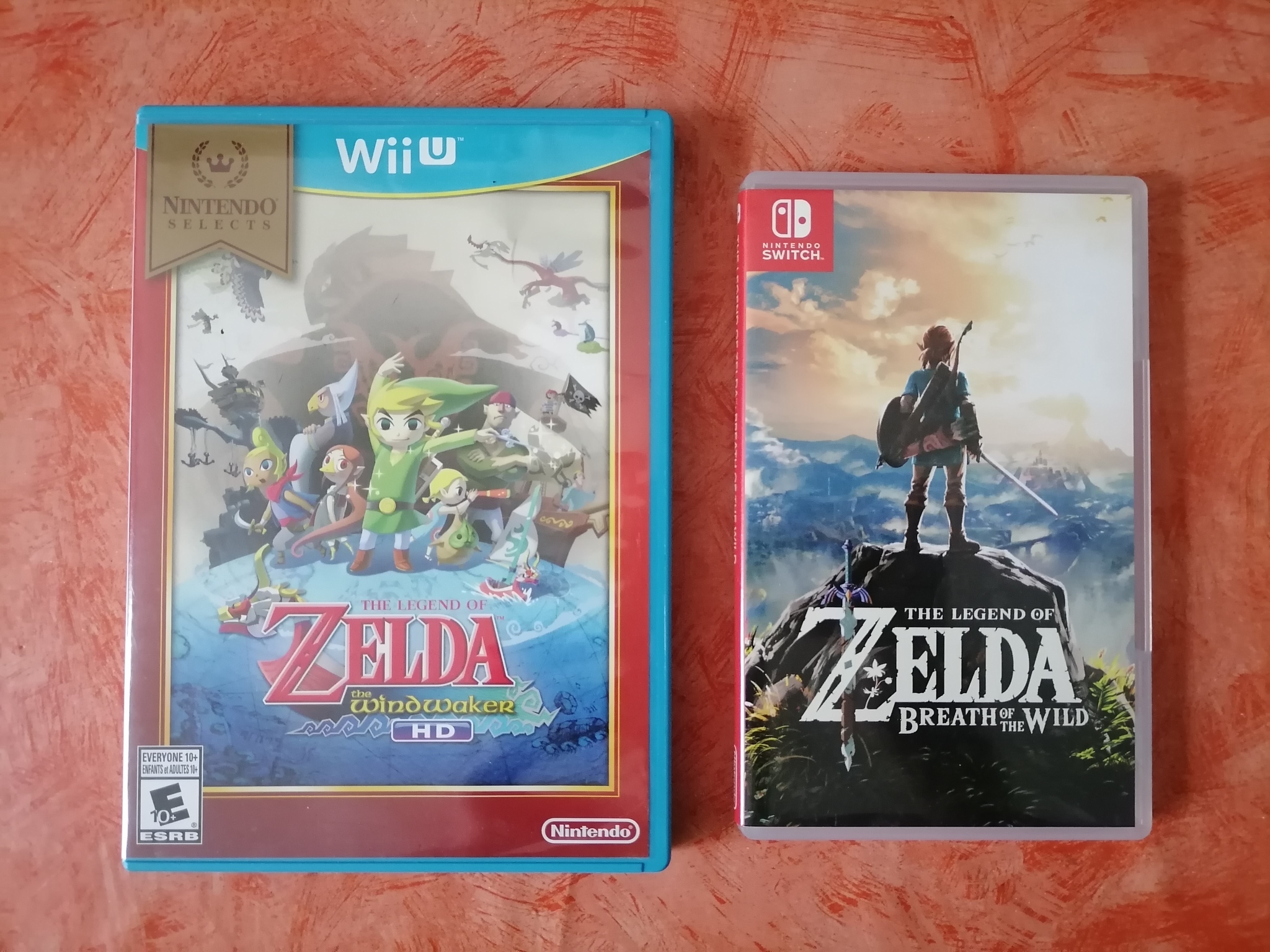
Accessibility is important, whether it's access to games for people with disabilities, access to basic resources for everyone, or access to entertainment, regardless of socioeconomic status. Sales are not only there for people with means who are being frugal for frugality's sake — they're sometimes the only way that people with lower incomes can afford things. To reduce a product's price, in my opinion, is not to devalue it, but to ensure that as many people as possible can enjoy it. That's not to say that games should be free or anything, as people should be paid fairly for the work they put into something. But when something is still inaccessible half a decade after those who worked on it have been paid, that's a problem.
Of course, this is all a simplified view, as I know that live service games and games with post-launch DLC still have people working on them after the game is initially released. This isn't a rallying cry for indie devs to continuously give their games sales and price cuts, either. But for multi-million and -billion-dollar corporations, their games have more likely than not sold millions of copies by the time the three- or four-year mark has passed. These companies are not depending on the money, especially not Nintendo, which profits from software, hardware, accessories, and merchandise.
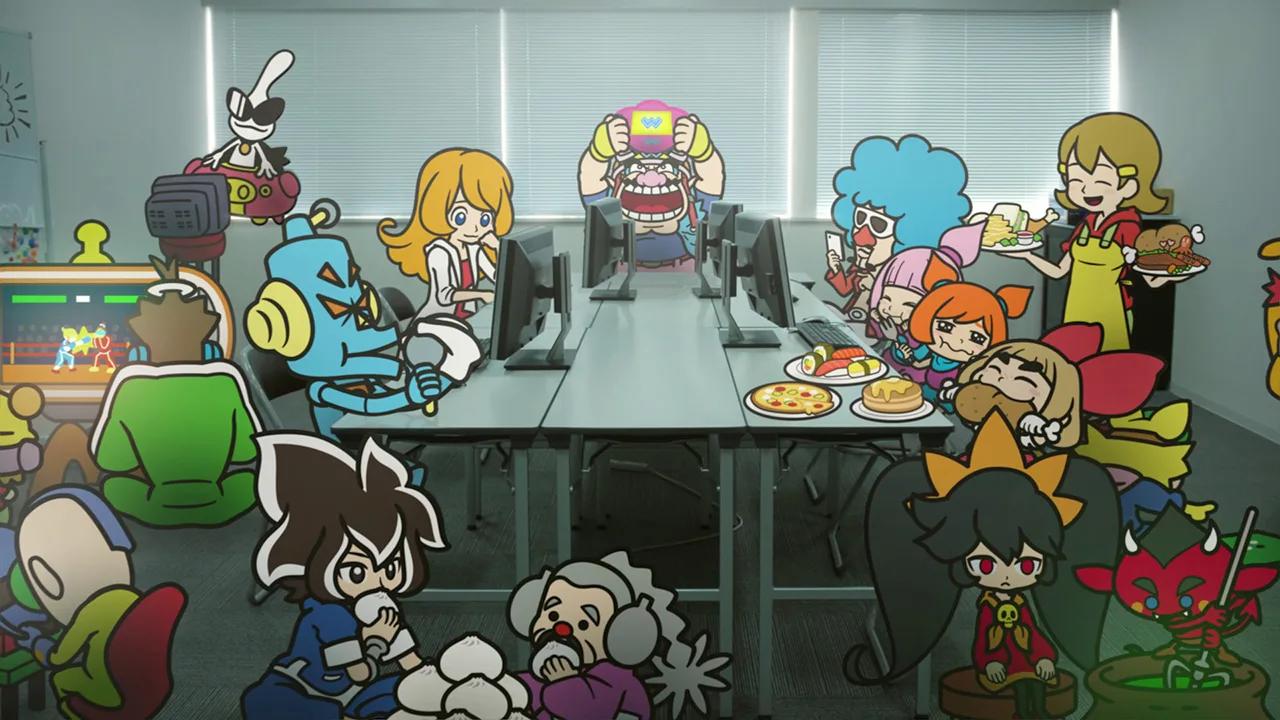
The Switch has sold over 103 million units and the reason is simple: a lower price compared to other consoles and tons of great games. Nintendo claims to want to introduce multiple Switch systems per household so that as many people as possible can enjoy their games. But if the games themselves remain just as expensive as they did almost five years ago, can they really achieve that goal?
Worth its weight in fool's gold
We all know that the Switch isn't going anywhere anytime soon, no matter what the competition does. And with games like Nintendo Switch Sports releasing soon, people who remember the Wii fondly are sure to pick up a console. Though what can they do, when they cast a glance across the shelves in-store, or the pages on the eShop, and see a bunch of games still at $60? At the end of the day, the consumer suffers, and Nintendo's image as a family-friendly company that makes games for everyone starts to fade away.
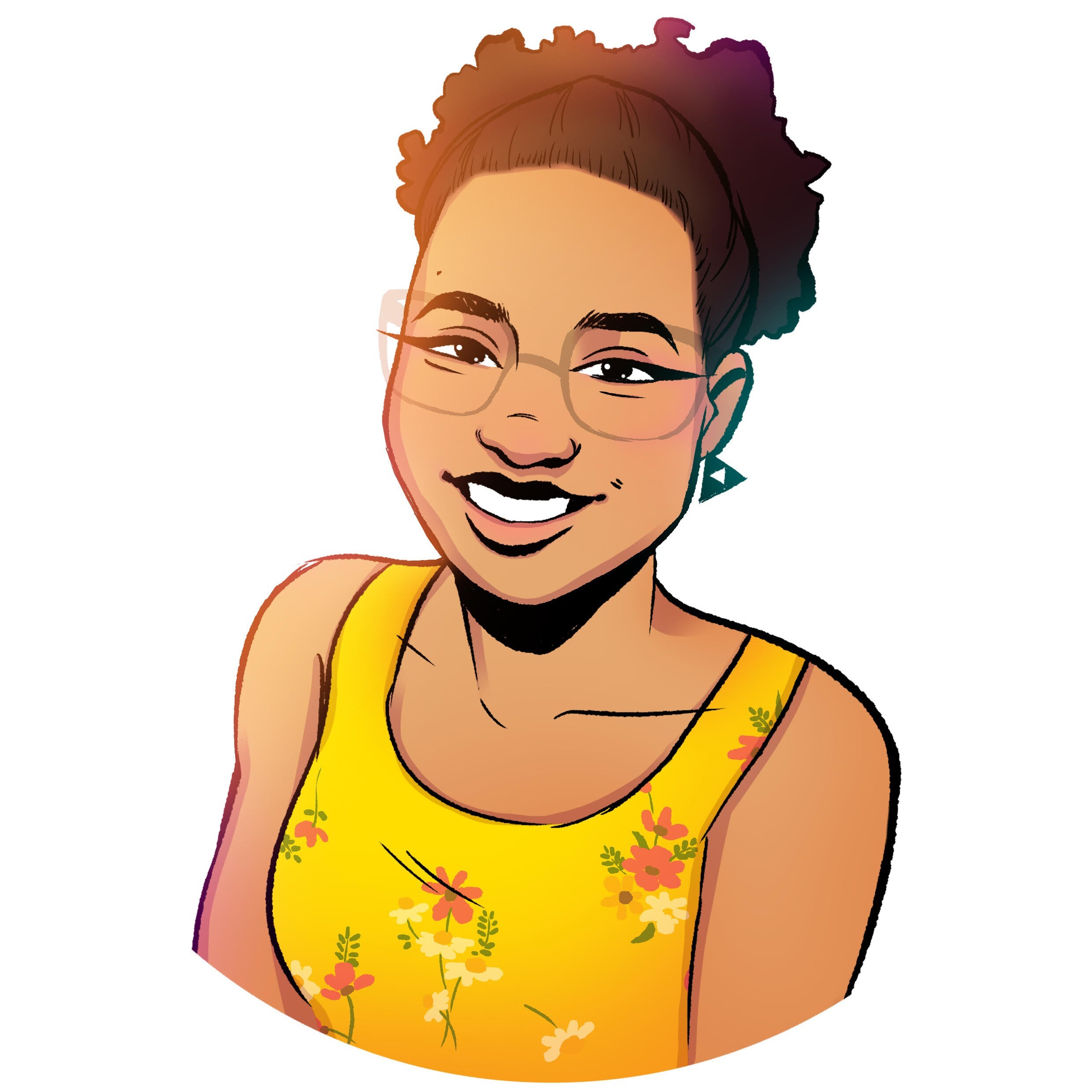
Nadine is a freelance writer for iMore with a specialty in all things Nintendo, often working on news, guides, reviews, and editorials. She's been a huge Nintendo fan ever since she got to pet her very own Nintendog, and enjoys looking at Nintendo's place in the video game industry. Writing is her passion, but she mostly does it so that she can pay off her ever-growing debt to Tom Nook. Her favorite genres are simulation games, rhythm games, visual novels, and platformers. You can find her at @stopthenadness on Twitter, where she'll more than likely be reposting cute Animal Crossing content.
